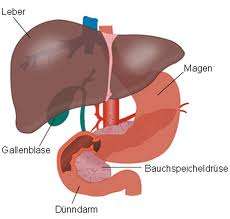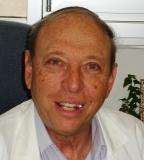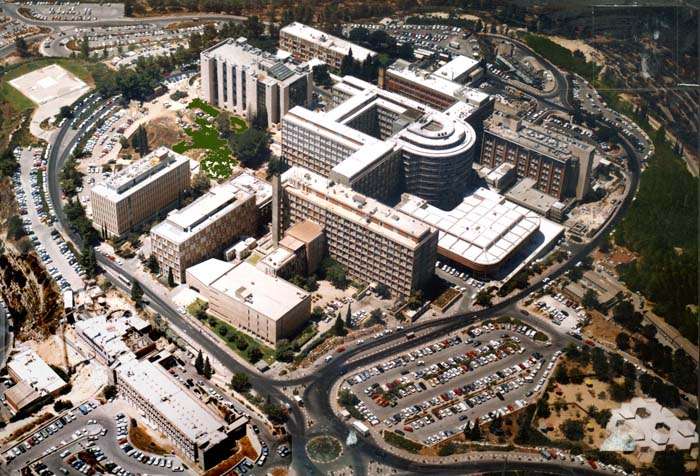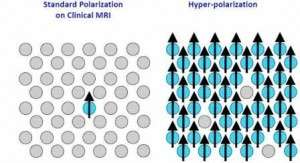Hadassah continues leading-edge research in breast cancer detection
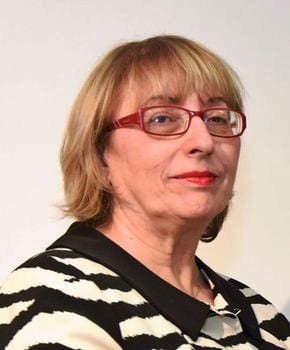
Hadassah’s findings have had a major impact on breast cancer management.
One of the leaders in the fight against breast cancer is Dr. Tamar Peretz Yablonski, whose tenacity and determination to find a cure inspires her and countless others. “My parents always taught me to fight, to look on the bright side,” Yablonski, director of Hadassah Medical Center’s Sharett Institute of Oncology in Israel, told JNS.org.
As Hadassah continues its important research work in finding a cure, the organization celebrates 20 years since its researchers discovered that the risk of carrying the BRCA1 gene mutation-which is tied to increased cancer risk-is 1 in 40 for Ashkenazi women, compared to 1 in 100 for the rest of the population. Following this discovery, Hadassah Medical Organization (HMO) developed a simpler blood test to detect the presence of these genes, the organization reported.
Hadassah’s findings have had a major impact on breast cancer management, according to Yablonski. “We now know this mutation in the BRCA gene predisposes to the development, not only of breast cancer, but also to the development of ovarian, colon, pancreatic, prostate in males and other diseases,” she said. “If we look at the prevalence of any mutations in women who develop breast cancer on a background of genetic predisposition only 40-50 percent will have the BRCA,” Yablonski said. “The rest will have other genes that are involved. It may be a mistake to test only for BRCA. In the last two years, we’ve researched other genes that are involved in the development of breast cancer. We identified specific mutations in the gene, called p53 [a tumor suppressor protein], which predisposes to the development of breast cancer at a very young age. We know there are at least 26 genes that are involved in the predisposition of breast cancer.”
While breast cancer is no longer an automatic death sentence, it remains a serious illness. “We should be very cautious in deciding to give therapy or not and be very precise and personal on what kind of treatments to give, the dosage, the possibility of side effects, close follow-up and when to stop,” Yablonski said. “Newly diagnosed patients and those carrying the mutated gene face a bewildering array of treatment options and opinions. This will change. Treatment will become increasingly personalized, structured according to the many factors involved, from genetic to emotional. Decisions will be easier and results will be better.”
For more than 100 years, Hadassah (www.hadassah-med.com) has been a leader in medicine and nursing in Israel, laying the foundation and setting the standards for the country’s modern health care system. The majority of medical breakthroughs in Israel have taken place there. With more than 130 departments and clinics, Hadassah-Ein Kerem provides Israel’s most advanced diagnostic and therapeutic services for the local and national population and a significant number of international patients.
iMER (www.imer.biz) is the international patients office of the Hadassah University Hospital in Jerusalem. iMER, with offices in Cyprus, Austria, Germany, Israel, Russia, Ukraine, Azerbaijan and Georgia, in cooperation with Hadassah, offers patients assessment services, the preparation of a medical plan and referral to the appropriate Hadassah units.



